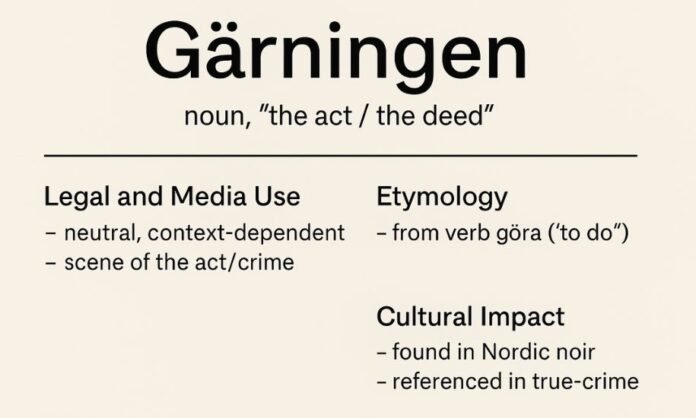Cybersecurity is one of the most talked-about career paths today. With cyber threats growing at an alarming pace, the demand for skilled cybersecurity professionals is skyrocketing. But for many people considering entering the field, the first question that comes to mind is: Is cybersecurity hard?
The answer is not a simple yes or no. The difficulty level depends on your background, learning style, and the specific area of cybersecurity you wish to pursue. In this comprehensive guide, we’ll explore how hard cybersecurity is to learn, whether it’s a good career choice, the challenges of a cybersecurity major, and exactly what makes cybersecurity challenging—so you can decide if it’s right for you.
Is Cybersecurity Hard to Learn?
Many beginners worry whether cybersecurity is too difficult to start. The truth is that cybersecurity is not impossible to learn, but it requires dedication, persistence, and curiosity.
Here are the key factors that determine how hard it is for you:
-
Your Technical Background
If you already have experience with networking, IT systems, or programming, you’ll find learning cybersecurity easier. Beginners without technical knowledge may need extra time to learn core concepts like IP addressing, encryption, and firewalls. -
Your Learning Method
-
Bootcamps – Intensive and fast-paced; you can learn job-ready skills in 6–12 months.
-
Self-Study – Flexible but requires discipline and structure.
-
University Degree – Deep knowledge but takes 3–4 years.
-
-
Your Specialization
Some areas of cybersecurity are easier than others. For example:-
Security Awareness Training – Easier for beginners.
-
Penetration Testing / Reverse Engineering – More advanced and technical.
-
Tip: Before diving into cybersecurity, spend some time learning basic IT skills—operating systems, command-line tools, and networking fundamentals.
Is Cybersecurity Hard Major?
If you’re considering pursuing cybersecurity in college, you might wonder: Is cybersecurity a hard major?
Cybersecurity degrees combine topics from multiple disciplines, such as:
-
Computer Science – Programming, algorithms, and data structures.
-
Networking – Protocols, routers, switches, and firewalls.
-
Security Practices – Ethical hacking, cryptography, incident response.
Why Cybersecurity Can Be Challenging in School
-
You’ll need to stay updated because cyber threats evolve quickly.
-
Some courses involve hands-on labs that require time and focus.
-
Problem-solving and critical thinking skills are tested regularly.
While the workload can be demanding, many students find it rewarding because they are solving real-world problems and working on cutting-edge technology.
Is Cybersecurity a Good Career?

Beyond the learning aspect, you may be asking: Is cybersecurity a good career? The short answer is yes—for the right person.
Advantages of a Cybersecurity Career
-
High Demand – Millions of unfilled jobs worldwide.
-
Good Salary – Entry-level salaries often range from $50,000 to $80,000, while senior roles can reach $150,000+.
-
Diverse Opportunities – Work in finance, healthcare, government, or tech.
-
Career Growth – Move from entry-level analyst to security architect, manager, or consultant.
Challenges of the Profession
-
High Responsibility – You protect sensitive data and systems.
-
Stress and Burnout – Incidents and breaches can happen anytime.
-
Continuous Learning – Threats evolve, so you must keep upgrading your skills.
If you enjoy problem-solving, technology, and lifelong learning, cybersecurity can be a highly satisfying and lucrative career.
How Hard Is Cybersecurity in the Real World?
When working in cybersecurity, the challenges are different from those in the classroom:
-
Constant Change
Technology and hacking techniques evolve daily. What you learned last year may be outdated today. -
High Stakes
Mistakes can result in security breaches, financial loss, or legal consequences. -
Team Collaboration
Cybersecurity is not just technical—it involves working with management, IT teams, and non-technical staff to ensure security awareness. -
Specialized Skills
Advanced areas like penetration testing, malware analysis, and digital forensics require in-depth expertise.
While demanding, many professionals find these challenges exciting and rewarding.
Tips for Making Cybersecurity Easier to Learn
-
Start with IT Fundamentals – Learn operating systems, networking, and basic programming.
-
Practice Regularly – Use labs, simulations, and capture-the-flag (CTF) challenges.
-
Get Certified – Start with beginner-friendly certifications like CompTIA Security+ before moving to advanced ones like CISSP or OSCP.
-
Join Communities – Participate in cybersecurity forums, Discord groups, and local meetups.
-
Stay Updated – Follow cybersecurity news, threat reports, and industry blogs.
Final Thoughts: Is Cybersecurity Hard?
Cybersecurity can be challenging, but it is not impossible. For those willing to invest the time, stay committed, and keep learning, it can be one of the most rewarding careers in technology.
Whether you’re looking to start from scratch or enhance your existing IT career, remember: every expert once started as a beginner. With structured learning, hands-on practice, and persistence, you can thrive in this ever-growing field.
At Technologies Era, we encourage learners to embrace challenges and turn them into opportunities. Cybersecurity is not just about defending systems—it’s about safeguarding the future.


